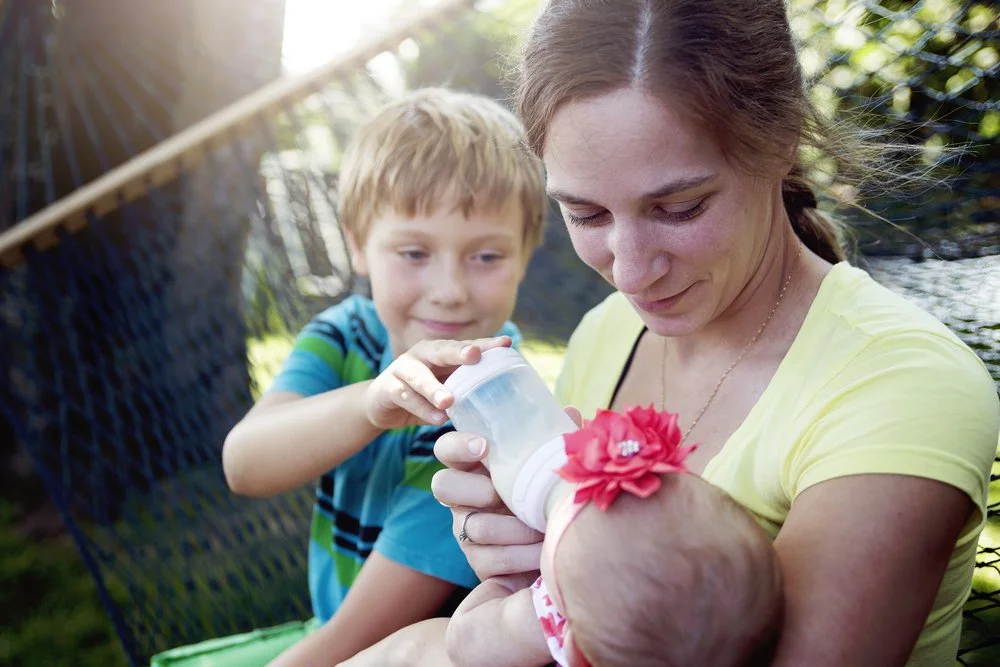New Study Reveals Disturbing PPD Statistics
Experts recommend universal screening for postpartum depression
One in seven women have depression in the year after they give birth according to a study released on March 13th in the online edition of JAMA Psychiatry. The findings come from the largest screening of postpartum women ever conducted and the only one in which women who showed signs of depression were given a full psychiatric evaluation.
The surprising results have significant implications for the medical care women receive in the year after they have a baby.
Thirty percent of the women who showed signs of depression after delivery had experienced an episode of the condition before pregnancy, 40 percent had one during pregnancy, and more than two-thirds of the women also had signs of an anxiety disorder, the symptoms of which are not often associated with depression.
Study authors say this means healthcare providers need to be looking for a more complex set of symptoms instead of just one depressive episode in order to identify women who need help.
One in five of the women had thoughts of harming themselves. Without screening, these women could have been in serious danger. Suicide is the second leading cause of death in postpartum women.
Screening for depression in the postpartum period “will save lives,” says lead author, Katherine L. Wisner, MD, professor of psychiatry and behavioral sciences and professor of obstetrics and gynecology at Northwestern University Feinberg School of Medicine.
Perhaps most surprising was the fact that 20 percent of the group studied was diagnosed with bipolar disorder, a condition that can be worsened by antidepressant drugs.
All of these statistics point to the very real need for universal screening for postpartum depression and for a detailed psychiatric evaluation in women who show signs of it.
“In the United States, the vast majority of postpartum women with depression are not identified or treated, even though they are at higher risk for psychiatric disorders,” says Wisner. “It’s a huge public health problem.” She adds that screening initiatives must be accompanied by accessible and effective treatment.
If you think you may have postpartum depression, answer these simple screening questions.











